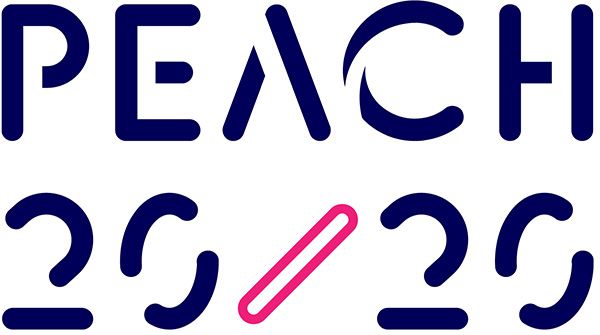Why men need to lean in
)
But as the Balance the Board conference heard, look beneath the headline numbers and the picture is a lot hazier. While there’s almost parity at non-exec level, it’s a very different story when it comes to executive board positions.
Data from the FTSE Women Leaders Review, the independent organisation that sets recommendations to improve the representation of women on the boards and leadership teams in the UK’s largest companies, shows that while 48% of NED positions are now filled by women, the figure falls to just 15% at executive level, with even fewer female CEOs and CFOs in big firms.
And as Vivienne Artz, CEO of the FTSE Women Leaders Review, added, the smaller the company the worse it tends to get.
Perhaps more damning still was the observation about the investment world from a former army officer who, once out of uniform, had gone looking for private equity backing for a new enterprise. She described the string of pushbacks, and had come to the conclusion that one of the reasons was that the VC world actually had fewer women in it than even the military - and the military was only 11% female.
People tend to back people like themselves - and that means men backing men. The stark statistic, she quoted, was that less than 1% of venture capital funding goes to female-led businesses. That’s despite other evidence that shows VC firms that hire more women as partners have 10% more profitable exits. It makes it hard to argue that there isn’t inherent bias.
But at least, the same speaker said, the military wanted you to be ‘comfortable with the uncomfortable’, which had helped her push ahead and eventually launch her own business.
At the heart of why the gender gap still exists is because it’s as much a male problem as a female one.
In hospitality, restaurant companies generally appear to have a much better representation of women in top jobs - and many are founders. But the same can’t really be said for the pub and bar arena.
Bigger companies do better, with some extremely talented women running significant operations as divisional MDs, but name me one female CEO at the very top of a pub group? Much of the pub industry still looks a lot like a boys’ club.
Even when new NEDs are appointed they are still more likely to be male and already known to the chairman. Am I being too tough? Tell me.
There are probably still a few of you out there wondering why this matters - and even if there’s a problem at all. But without quoting every single piece of research on the subject, suffice to say the huge weight of evidence points to the more diverse a leadership team the more effective it is, enhancing company reputation, attracting top talent, and improving overall performance - and in hospitality’s case, more reflective of the customer base. And here we’re only talking gender balance, not wider diversity.
If you do want chapter and verse, can I suggest start by reading ‘The Authority Gap: Why Women Are Still Taken Less Seriously Than Men, and What We Can Do About It’ by Mary Ann Sieghart. Or seek out and watch one of her TED Talks. It’s all in there.
The Balance the Board event hit the mark too, with an impressive line-up of well-informed and inspirational speakers, with plenty of examples of female achievement, backed up with practical advice around mentoring and mutual support.
But, it was still largely women talking to women. The biggest disappointment was how few men there were in the room on the day - especially senior male leaders. If things are going to change, and more quickly, men need to be part of the conversation. We need to hear the issues, understand the barriers, and be aware of the casual sexism, even misogyny, that still exists in parts of our sector - especially at the top. Take my word for it, it does.
Male leaders need to lean in and learn - we are part of the solution.
So, here’s some killer stats to leave you with.
A 2019 McKinsey report on the subject looked at more than 1,000 large companies in 15 countries and found that the most gender-diverse companies were 25% more likely to earn above-average profits than the ones with very few women. The more women there were in senior jobs in a business, the higher the likelihood of outperformance.
And research by Boston Consulting Group shows that in a business where men are involved in gender diversity, 96% report progress, compared with only 30% where men aren’t involved.
Hospitality has a deserved reputation for achieving gender parity on the front-line, up to and including GMs. So why the drop-off after that? Why are we losing so much talent?
Gender parity at the top of business can be a positive-sum game in which everybody wins. My male friends, the challenge is ours.
This article first appeared in MCA in October, 2024


